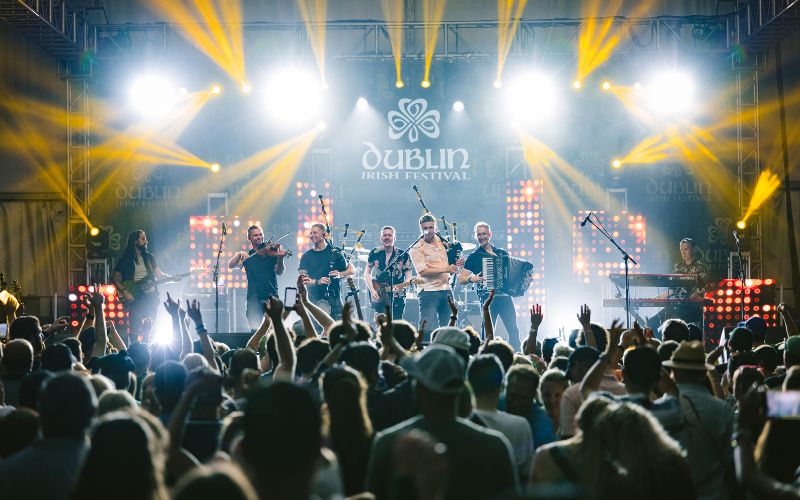What this Black and Tans and RIC controversy really reveals is how dangerously far some in the upper echelons of Fine Gael seem to have decoupled from their nation and its history.
Fine Gael came in for a much-deserved pasting last week for its shockingly ill-considered attempt to commemorate the Royal Irish Constabulary (RIC) and the Dublin Metropolitan Police (DMP) in a state ceremony.
Read More: Irish government “defers” controversial RIC commemoration event
Long considered agents of English imperialism and colonialism in Ireland, the RIC eventually contained the hated Black and Tans force who brutalized, raped and murdered Irish civilians with impunity.
It was inevitable that these notorious legacies would be immediately conflated and that commemoration plans for those latter-day mercenaries-for-hire would provoke a furious response and so it proved.
Irish Taoiseach Leo Varadkar said later that he found it “disappointing” that there was no appetite for commemorating the “police officers who were killed.” But all that this “different histories, different legacies, different sides” equivocal stuff really does is obfuscate and attempt to sanitize a raw, unforgettable war and its many lessons.
The Irish at the time were locked in a struggle for their political freedom against the largest empire the world has ever known, so we cannot and should not commemorate their struggle by hailing the forces they fought against, as if they were simply involved in a trade dispute rather than a brutal conflict. It's repulsive to even try, to be honest.
And what this really reveals is how dangerously far some in the upper echelons of Fine Gael seem to have decoupled from their nation and its history.
Eschewing what they clearly consider the ghastly flag-waving nationalism of the cheaper seats, they've passed up a historic opportunity to tell the truth about our fight for independence in favor of a “wasn't that unfortunate, sure we're well shot of it, eh lads?” approach.
But consider the history. Those famous illustrations and photographs of Irish people being evicted during and after the Great Hunger? Those were RIC officers standing watch.
Later it was the RIC who infiltrated and curtailed all the planned uprisings. Likewise in Dublin, the DMP brutalized and even killed protestors during the famous 1913 lockout. They investigated and identified the leaders of the Rising, targeting the main ones for execution. It was more than a bun fight.
Making plans to shrug off this brutal history off with some risible hands across the borders nonsense is a betrayal of the suffering of our grandparents and great grandparents generations. It underlines the unseriousness of senior members of the government's views.
Our past is not some squalid row that we should all now live down in some ill-considered "all sides" PR stunt. Our independence was a hard won gift that our ancestors fought and often died for. We should respect their achievement, we should understand their gift.
So this deplorable episode bodes badly for the inevitable discussions about national unity that are on the way now, because they betray a level of complacency and insularity about our history that sees itself independent from both that history and its consequences – but if there is one thing that is certain in Ireland, we almost never are.




Comments